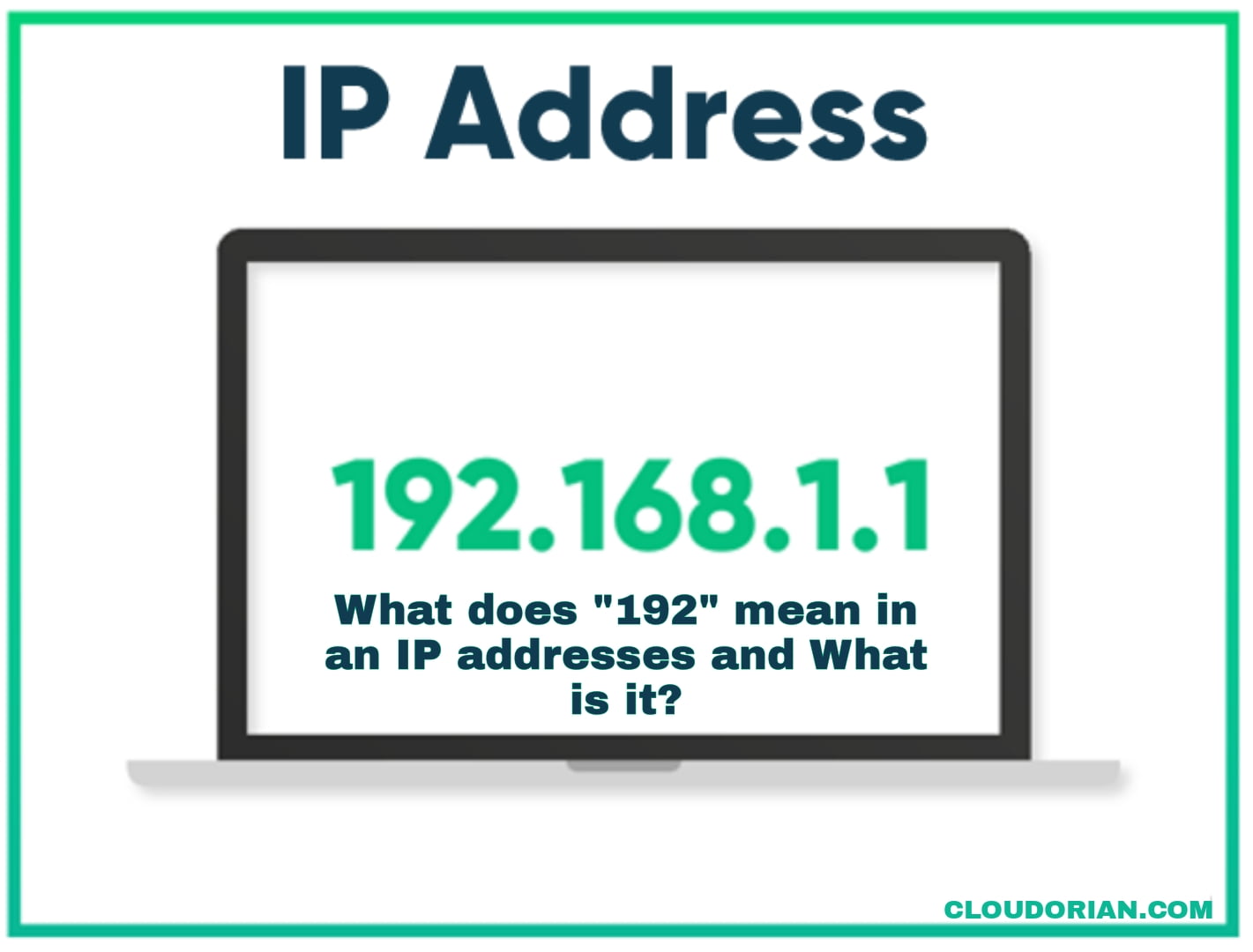In today’s digital world, numbers often hold more power than words—especially when it comes to IP addresses. One such sequence, 183.63.127.22, may appear as a random set of digits, but it represents a crucial component of internet communication. Whether you’re a cybersecurity professional, a business owner, or simply a curious internet user, understanding what this IP address signifies can deepen your awareness of how the web functions behind the scenes.
What Is 183.63.127.22?
In the simplest terms, 183.63.127.22 is an IPv4 address—part of the Internet Protocol system that assigns unique identifiers to every device connected to the internet. Think of it as a digital home address for data. When you visit a website, send an email, or stream a video, your device uses an IP address to send and receive information.
This particular address belongs to a range typically managed by internet service providers (ISPs) in specific regions. Such IPs can identify not just devices but also approximate geographical areas, network providers, and sometimes even types of online activities.
How IP Addresses Like 183.63.127.22 Work
Every time data travels across the internet, it follows a route defined by IP addresses. When your computer requests information—say, loading a webpage—your IP sends that request to a server. The server, which also has its own IP (like 183.63.127.22), sends back the data you asked for. This exchange happens in milliseconds but involves a precise digital handshake that ensures both sender and receiver are correctly identified.
An IP address like 183.63.127.22 is divided into four numeric segments (called octets). Each segment ranges from 0 to 255, allowing for over 4 billion possible combinations in the IPv4 system. Though the newer IPv6 format has expanded this capacity, IPv4 addresses remain widely used and recognized globally.
Possible Uses and Associations
When an IP such as 183.63.127.22 appears in web analytics, server logs, or network tools, it could be linked to various activities:
-
Hosting or Network Services: It might belong to a web server, data center, or proxy service.
-
User Connection: Sometimes, it’s an endpoint used by individual users connected via a regional ISP.
-
Cybersecurity Tracking: Analysts often examine IPs to identify sources of spam, hacking attempts, or suspicious traffic.
-
Performance Monitoring: Website owners monitor IP activity to optimize loading times and detect potential threats.
It’s important to note that while an IP address can reveal certain technical details, it doesn’t usually expose personal identities. Still, persistent patterns or abnormal traffic from one IP can trigger cybersecurity defenses.
The Role of IP Addresses in Cybersecurity
Cybersecurity experts frequently monitor addresses like 183.63.127.22 to ensure network safety. If unusual activity—such as multiple failed login attempts or data scraping—originates from a single IP, it might indicate a cyber threat. Tools such as firewalls, intrusion detection systems, and reputation databases help identify whether an IP has a clean or suspicious history.
For individuals and organizations alike, understanding the behavior of specific IPs is essential to maintaining online trust and security. Even something as seemingly minor as blocking or whitelisting one address can prevent serious digital risks.
The Broader Importance of IP Awareness
Learning about IPs like 183.63.127.22 isn’t just for tech experts. It benefits anyone using the internet responsibly. Awareness of how your digital “address” works helps you protect privacy, manage online accounts more effectively, and spot unusual online behavior. Businesses also rely on IP intelligence to secure transactions, verify customer locations, and prevent fraud.
In a digital environment where billions of interactions occur every second, IP addresses silently make everything possible. They connect servers, networks, and users into one seamless web of communication.
Conclusion
The address 183.63.127.22 may look like an ordinary number, but it carries the weight of connection, communication, and cybersecurity. Each IP—whether linked to a device, server, or service—serves as a key player in the vast infrastructure of the internet. Understanding these digital identifiers empowers users to navigate the online world more safely and intelligently. The next time you see an IP like 183.63.127.22 in your logs or analytics, you’ll know it represents far more than just a line of numbers—it’s part of the internet’s invisible framework that keeps everything running smoothly.
